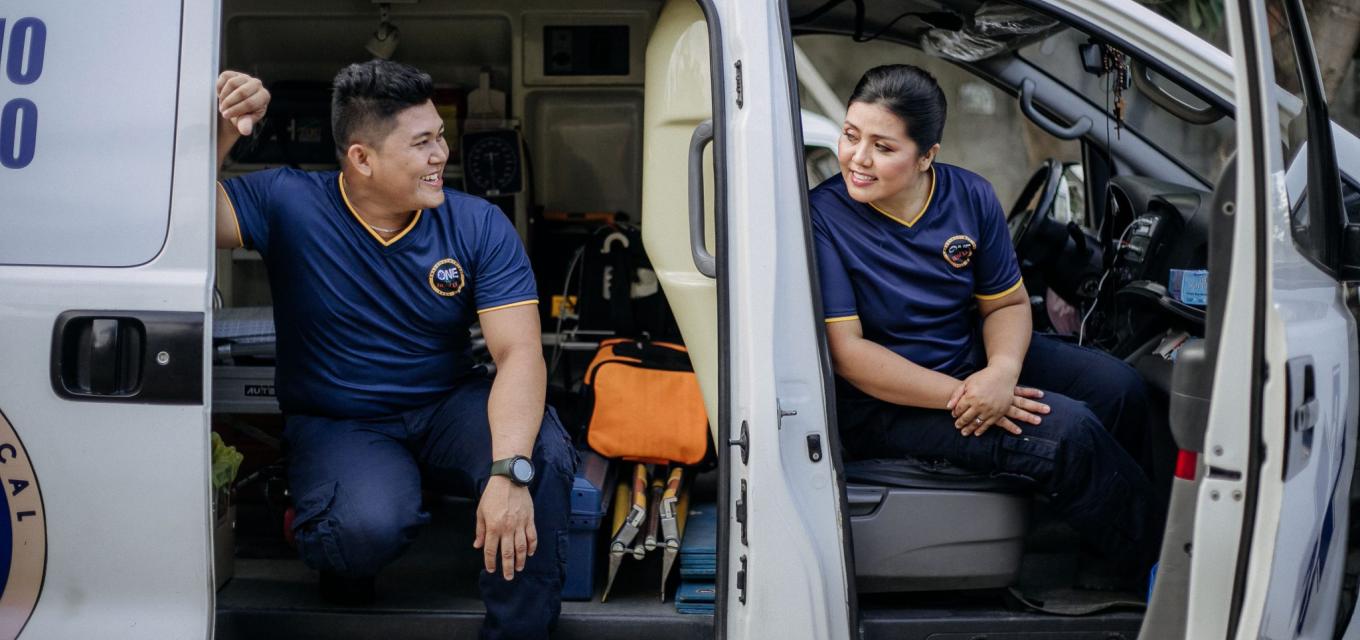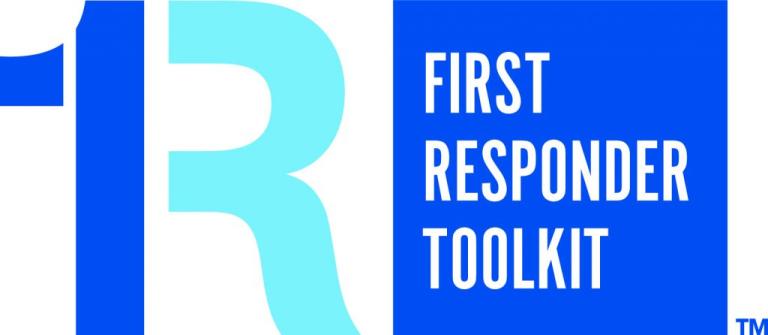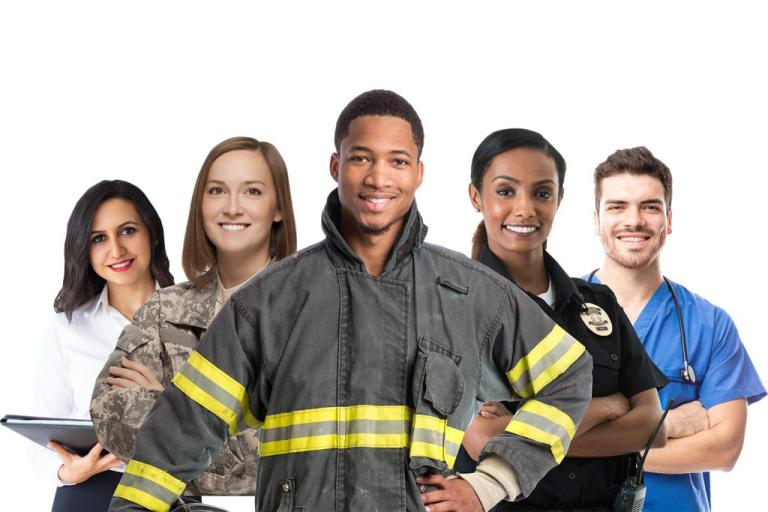News

Aiding the helping professions
First responders in all 50 states using University of Minnesota app to manage compassion fatigue
First responders in all 50 states are now using an app designed by University of Minnesota researchers to help manage the emotional and physical exhaustion of their work that can lead to personal burnout, reduced feelings of empathy, and poorer job performance.
The First Responder Toolkit, created by CEHD researchers in collaboration with the Minnesota Department of Health, provides an interactive platform to help emergency physicians, mental health providers, medical technicians, firefighters, police officers, and other professionals whose roles involve significant emotional investments, in the management of compassion fatigue. The app was developed in response to the COVID-19 pandemic with help from CEHD’s Educational Technology Innovations team.
“The First Responder Toolkit’s widespread usage demonstrates the pressing need among responders of all types for resources to help manage their personal and professional well-being through multiple forms of self-monitoring and self-care,” says Tai Mendenhall, associate professor of family social science and principal investigator on the research team behind the app. “Generally, people in the ‘helping professions’—mental health providers, biomedical providers, EMTs, etc.—are very good at helping other people. But we are not very good at taking care of ourselves.”

Preventing, mitigating, and promoting recovery from compassion fatigue is essential—not only to the health and well-being of first responders, but to the people that they serve. Compassion fatigue can lead to greater risks of missing important cues or questions (such as those regarding medications or suicidality), working ineffectively in teams, conducting poor documentation (such as assessment and triage sequences), and making medical errors.
Nationally, there is a high need for compassion fatigue management. A 2016 survey by the National EMS Management Association found a significant mental health and wellness problem among professionals working in emergency medical services. That same year, a survey of the National Association of Emergency Medical Technicians found that almost 60 percent of respondents reported being unsatisfied with the mental health services provided by their agency, while more than 75 percent said that their agency does not measure the effectiveness of such services at all.

The First Responder Toolkit aids users’ attention to their own physical, emotional, and social well-being to reduce physical and mental vulnerabilities among first responders, alongside concomitant strains in the marital, familial, and/or social relationships that they inhabit. The toolkit differs from other self-care inventories and tools in that it provides “in-the-field” usability.
“I registered for the app and thought it was full of helpful information,” says Ruth Bullock, LPC, behavioral health director for Ketchikan Indian Community in Ketchikan, Alaska. “I suggested to our staff that they register and see what they thought. Two of our counselors notified me that they had registered for it and found it easy to use and full of helpful suggestions.”
The simple, straightforward design of the toolkit provides highly stressed responders an efficient way to consider their personal well-being at the present moment, and to then monitor it over time. The app provides self-care tips and resources, space for self-reflection, and information about how to access immediate help if needed. The app also recommends whether and how users should—or should not—proceed with deployment work based on their assessment scores related to compassion fatigue and trauma risk factors.
“Across Minnesota, overworked and overwhelmed responders are hearing the stories of anger, frustration, grief, and loss from those they serve—which puts them at a high risk for compassion fatigue,” says Nancy Carlson, behavioral health program coordinator with the Minnesota Department of Health’s Office of Emergency Preparedness. “Compassion fatigue negatively impacts not only the mental and emotional health of our responders, but also their professional functioning and ability to continue to protect the health and safety of Minnesota residents."
“I registered for the app and thought it was full of helpful information.”
The development of the First Responder Toolkit app was supported by a grant through the University’s MN-REACH program, a National Institutes of Health-funded initiative designed to improve health care by fostering the development and application of therapeutics, preventatives, diagnostics, devices, and tools. Collaboration with experts in biomedicine, behavioral health, firefighting, and emergency medical care ensured that their perspectives and opinions were all taken into account.
Going forward, the toolkit will be further developed to include enhanced features and fit individual user needs. The app will also, with users’ consent, collect anonymous data to help researchers better understand the extent and impact of mental health and wellness issues in their fields, and to discover and advance better ways to address these issues.
Story by Kevin Coss | Photos from pexels.com